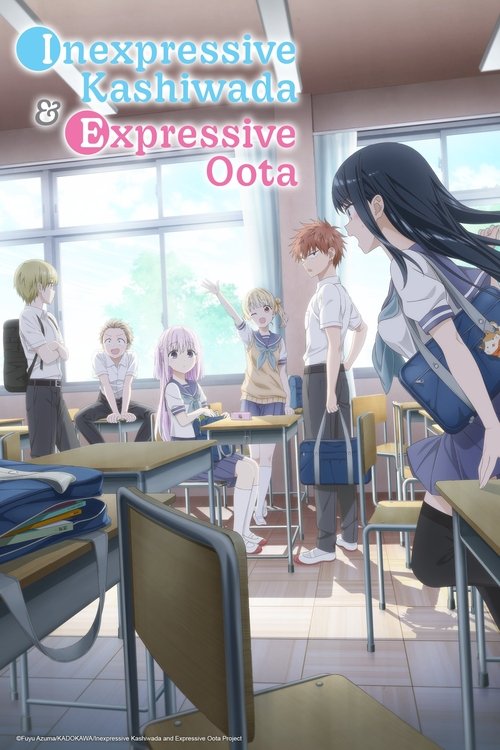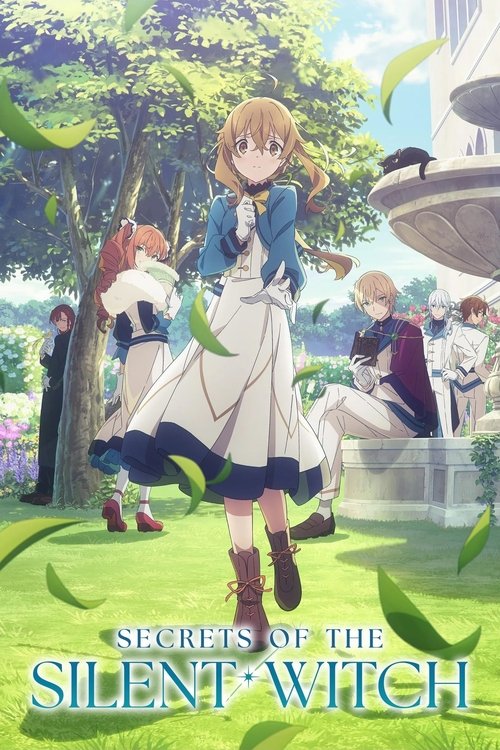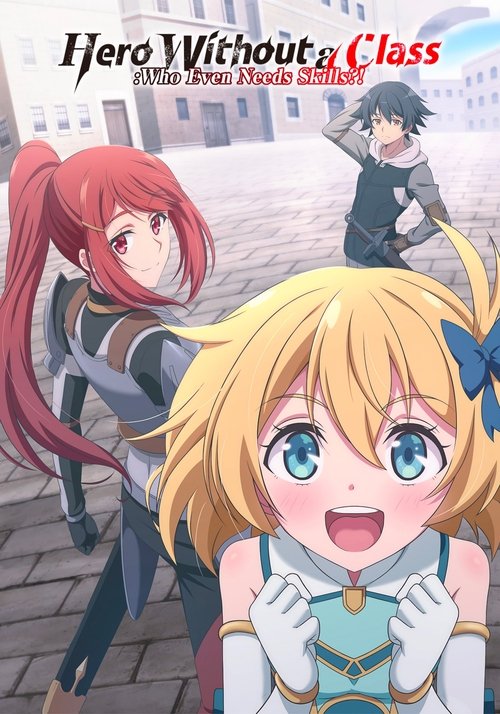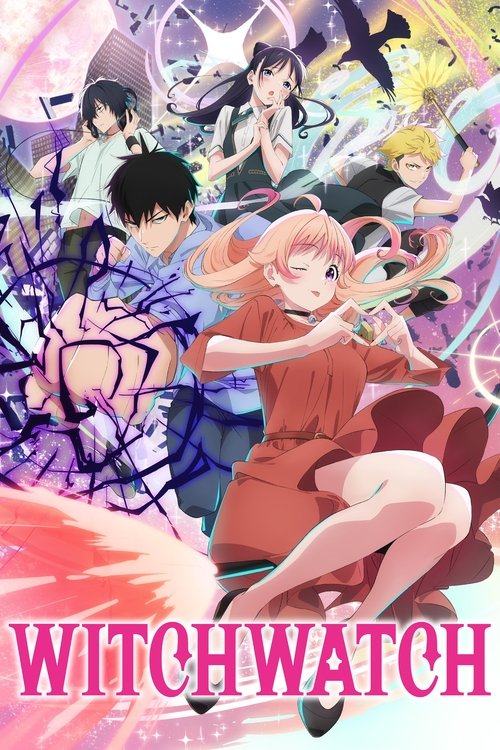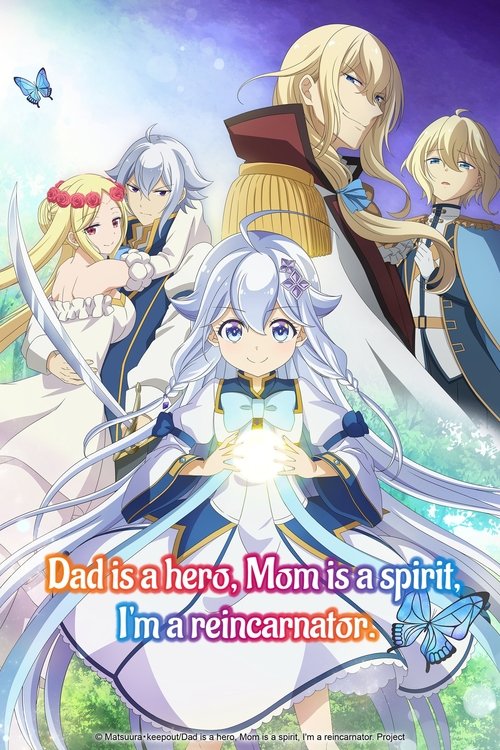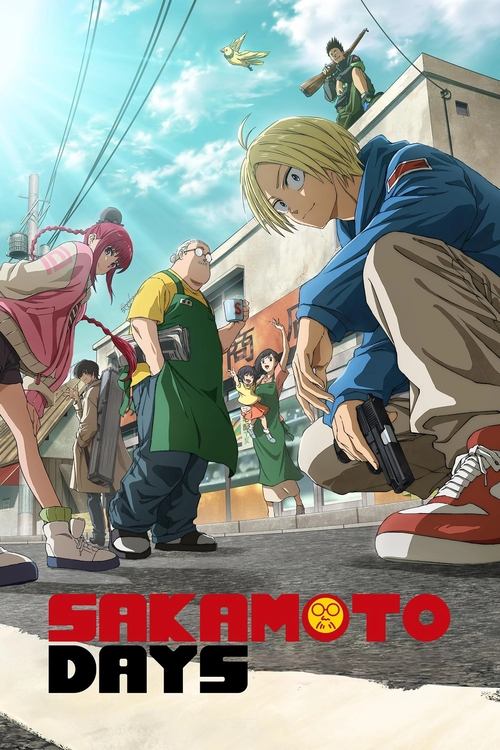
Ask Your Own Question
What is the plot?
Satomi Oka is a third-year middle school student and the head of his school's choir club, preparing for his final choir performance before graduation. He is deeply worried about his voice changing due to puberty, which threatens his ability to sing falsetto and maintain his solo spot in the choir. Satomi isolates himself from his choir friends and struggles internally with the fear of losing his singing ability, forcing himself to hit notes he can no longer comfortably reach.
One day, after a choir competition where Satomi performs, Kyouji Narita, a yakuza lieutenant, approaches him. Kyouji reveals that his yakuza boss holds an annual karaoke competition, and the loser must get a handpoke tattoo from the boss. Kyouji, having come in second in a chorus competition himself, wants Satomi to coach him in singing to win the karaoke contest. Initially, Satomi is reluctant and skeptical about associating with a yakuza member, but Kyouji convinces him by promising fried rice as payment and driving him home in the rain. Satomi finally agrees to be Kyouji's singing coach.
Satomi and Kyouji begin their coaching sessions at a local karaoke bar. Their personalities clash: Satomi is a disciplined choir student, while Kyouji is rough around the edges and unfamiliar with formal singing techniques. Despite this, they bond over their shared struggles with singing and voice control. Satomi helps Kyouji practice vocal techniques, focusing on pitch and breath control, while Kyouji shares his own experiences and motivations for wanting to win the karaoke competition. Their relationship develops from mutual distrust to a quirky friendship.
As the karaoke competition approaches, Kyouji faces pressure from his yakuza boss and underlings. The stakes are high because losing means receiving a painful handpoke tattoo, a mark of shame. Kyouji's determination to avoid this fate drives him to practice harder, often pushing himself beyond his limits. Satomi, meanwhile, continues to grapple with his own insecurities about his changing voice and the impending end of his choir career. He contemplates giving up his solo but is encouraged by Kyouji's persistence and their growing camaraderie.
During the competition, Kyouji performs with Satomi's coaching. The event is tense, with yakuza members and other contestants watching closely. Kyouji's performance is rough but heartfelt, showing clear improvement from his initial attempts. Satomi watches anxiously, feeling conflicted about the yakuza world but proud of Kyouji's effort. The competition ends with Kyouji narrowly avoiding last place, thus escaping the tattoo punishment. This victory is a turning point for both characters: Kyouji gains confidence, and Satomi accepts the changes in his own voice and future.
In the final scenes, Satomi graduates from middle school, having come to terms with his voice change and the end of his choir leadership. Kyouji, now more confident in his singing and life choices, continues his yakuza duties but with a new perspective influenced by his friendship with Satomi. The series closes on a lighthearted note, with the two planning to meet again for karaoke, symbolizing their unlikely but meaningful bond.
More TV Shows Like This
Browse All TV Shows →
What is the ending?
The ending of Let's Go Karaoke! (2025 anime) shows Satomi Oka, the high school choir leader, overcoming his insecurities and performing confidently at the yakuza karaoke competition coached by Kyouji Narita. The story closes with Satomi gaining self-assurance and Kyouji respecting his growth, while their unusual friendship remains intact.
The final episode unfolds with Satomi Oka preparing for his last choir performance as a third-year student. Early in the episode, Satomi is still grappling with his voice issues and the pressure of his impending graduation. His classmates express concern, and one even calls him a coward for missing an important rehearsal, highlighting Satomi's internal struggle with confidence.
Meanwhile, Kyouji Narita, the yakuza lieutenant who had asked Satomi for singing lessons, is shown preparing for the annual karaoke competition held by his boss. The stakes are high: the loser faces a tattoo from the boss, a mark of shame and pain. Kyouji's motivation to improve his singing is clear, and he relies heavily on Satomi's coaching.
The narrative then shifts to the day of the karaoke competition. Satomi arrives, visibly nervous but determined. The scene is tense, with yakuza members watching intently. Satomi steps up to perform, and despite his earlier doubts, he delivers a strong, heartfelt rendition that surprises everyone, including Kyouji. His voice, once shaky and uncertain, now carries confidence and emotion.
Kyouji follows, performing with newfound skill and enthusiasm, a direct result of Satomi's guidance. The competition ends without the feared tattooing punishment, implying that both have succeeded in their goals.
In the closing moments, Satomi and Kyouji share a quiet exchange, acknowledging their mutual respect and the unusual bond formed through their karaoke journey. Satomi's classmates watch from afar, recognizing his growth. The final scene shows Satomi walking away from the venue, a sense of accomplishment and readiness for the future evident in his demeanor.
Thus, Satomi's fate is one of personal growth and overcoming self-doubt, while Kyouji gains not only singing skills but also a deeper appreciation for mentorship and friendship. The story ends on a hopeful note, emphasizing themes of courage, connection, and the unexpected ways people can impact each other's lives.
Is there a post-credit scene?
There is no evidence of a 2025 TV show titled "Let's Go Karaoke!" in the available search results. The only relevant production is the 2023 Japanese film "Let's Go Karaoke!" (original title: "Karaoke Iko!"), directed by Nobuhiro Yamashita and based on a manga by Yama Wayama. There is also a five-episode anime adaptation, but it is not specified as a 2025 production.
For the 2023 film, there is a post-credits scene. According to a user review on IMDb, there is "a short but satisfying scene at the very end, after the end credits," and the reviewer almost missed it because it appears after the credits have fully rolled. However, the specific content of this post-credits scene is not described in any of the available sources--neither in professional reviews, user comments, nor plot summaries.
If you are referring to a 2025 TV show by this name, there is no information in the current search results to confirm its existence, let alone details about a post-credits scene. If you meant the 2023 film, it does have a post-credits scene, but its content remains undescribed in publicly available materials.
How does Satomi Oka's voice change affect his role in the choir?
Satomi Oka's voice change is a significant plot point as it threatens his position in the choir. He struggles with reaching the high notes he once could, leading to feelings of insecurity and isolation from his friends. This change forces him to confront the reality of growing up and potentially losing his solo role.
What motivates Kyouji Narita to seek Satomi's help with singing?
Kyouji Narita, a yakuza lieutenant, seeks Satomi's help because he needs to improve his singing skills for an annual karaoke competition held by his boss. The stakes are high, as the loser of the competition will receive a handpoke tattoo designed by the boss, a consequence Kyouji desperately wants to avoid.
How does Satomi initially react to Kyouji's request for singing lessons?
Initially, Satomi is hesitant and uninterested in helping Kyouji. He is wary of Kyouji's yakuza background and doesn't see why he should get involved. It takes some convincing, including a promise of fried rice as payment and a drive home in the rain, for Satomi to agree to coach Kyouji.
What is the nature of the relationship between Satomi and Kyouji?
The relationship between Satomi and Kyouji starts off as unlikely and awkward. Despite their vastly different backgrounds--Satomi being a choir student and Kyouji a yakuza lieutenant--they bond over their shared struggles with singing. Satomi's insecurities about his voice and Kyouji's desperation to avoid the tattoo create a peculiar but engaging dynamic.
How does the karaoke competition impact the characters' interactions and development?
The karaoke competition serves as a catalyst for character development and interaction. It forces Satomi and Kyouji to work together closely, leading to mutual understanding and respect. Through their preparations for the competition, both characters confront their fears and insecurities, leading to personal growth and a deeper connection between them.
Is this family friendly?
The TV show Let's Go Karaoke! (2025) is rated TV-14, indicating it is generally suitable for viewers aged 14 and older but may not be appropriate for younger children. It is a comedy-drama with themes involving a yakuza lieutenant and a middle school choir student, blending slice-of-life and some surreal elements.
Potentially objectionable or upsetting aspects for children or sensitive viewers include:
- Yakuza-related content: The presence of yakuza characters and references to organized crime may involve mild violence or adult themes, though the show's tone is described as silly and whimsical rather than dark or graphic.
- Puberty and adolescent issues: The protagonist faces challenges related to puberty and voice changes, which might include some emotional distress or awkwardness.
- Mild discomfort: Some viewers find the dynamic between the yakuza and the student somewhat discomforting due to the unusual pairing and adult themes in a school setting.
There are no reports of explicit violence, strong language, or sexual content, but the yakuza context and some mature themes suggest parental discretion for younger or sensitive children. The show's short length (five episodes) and comedic tone help keep it light overall.
In summary, Let's Go Karaoke! is not strictly family-friendly for young children due to its yakuza themes and adolescent issues but is suitable for teens and older viewers who can handle mild mature content without spoilers or graphic scenes.







